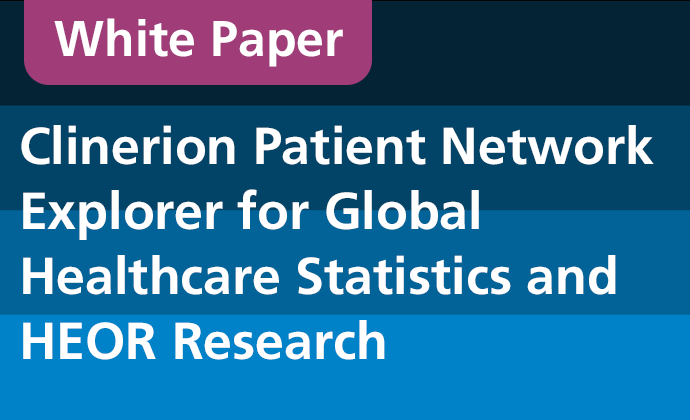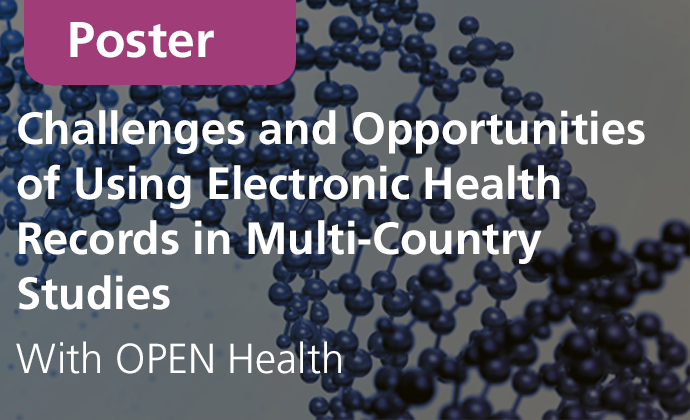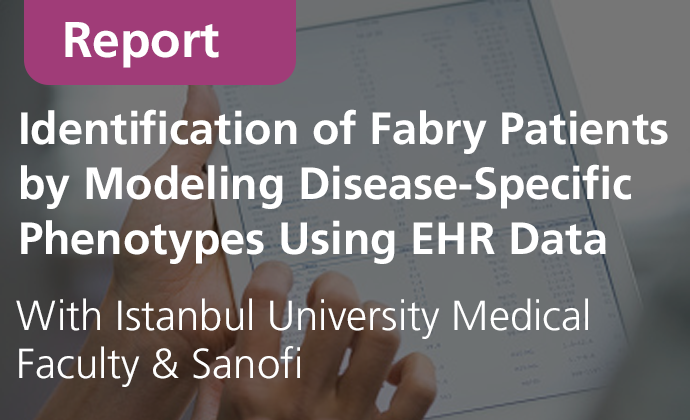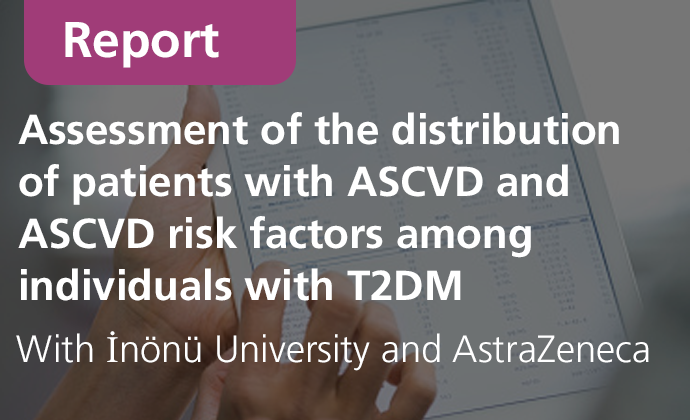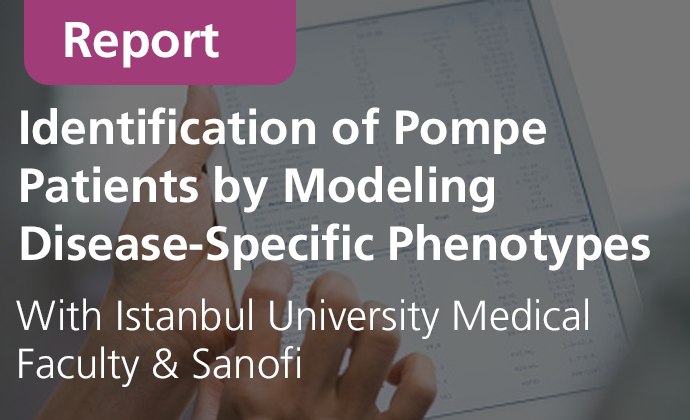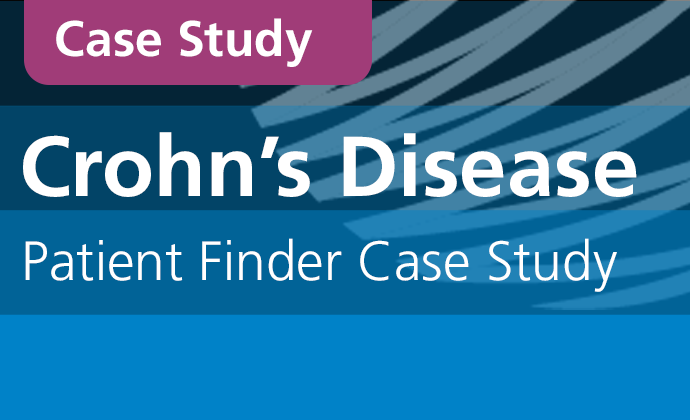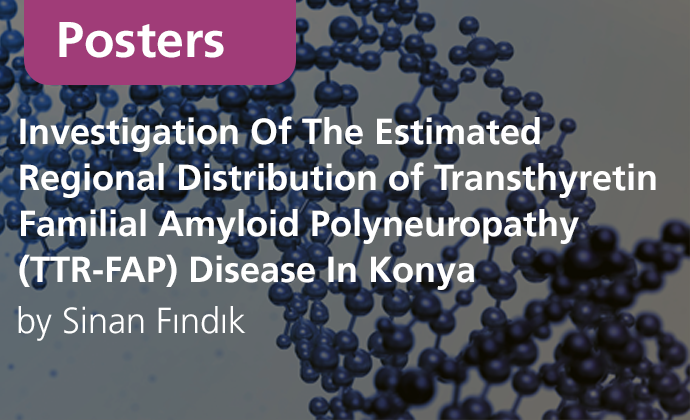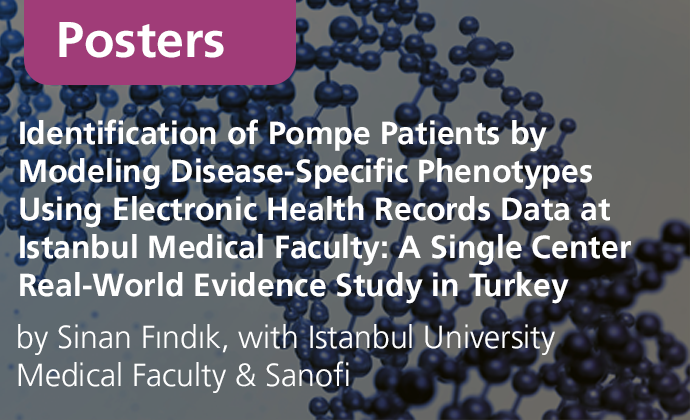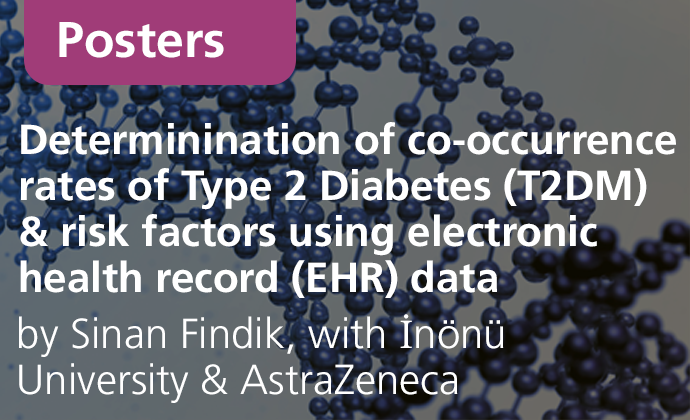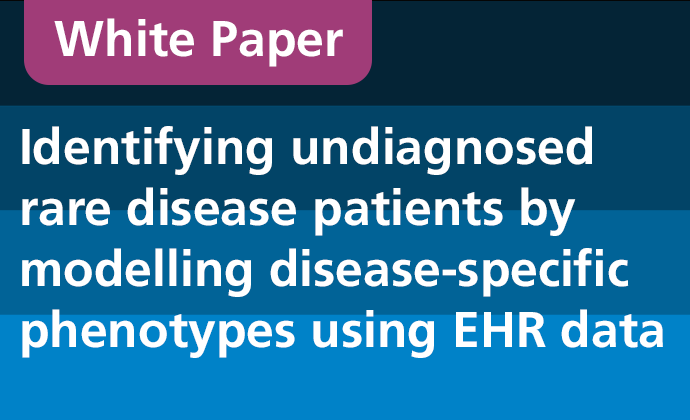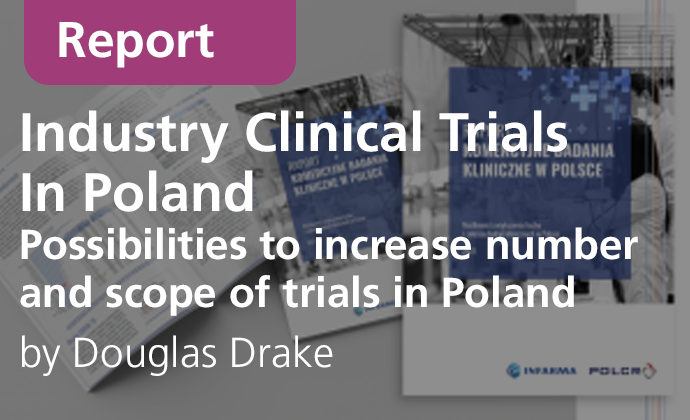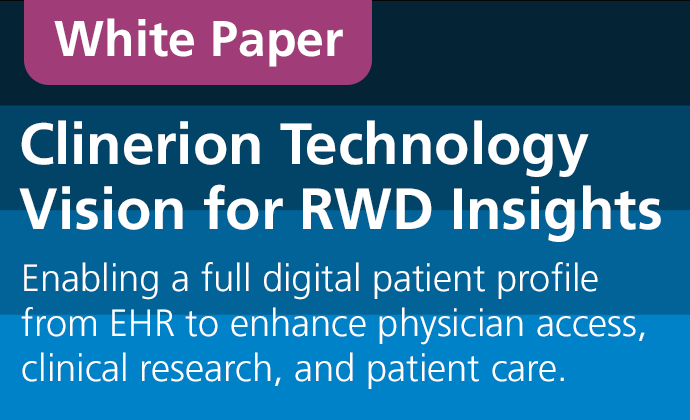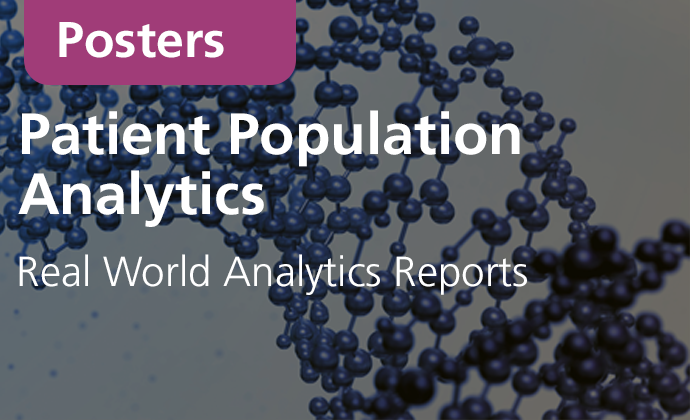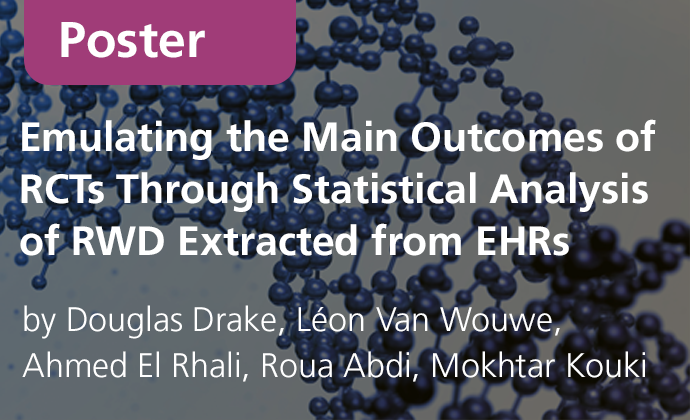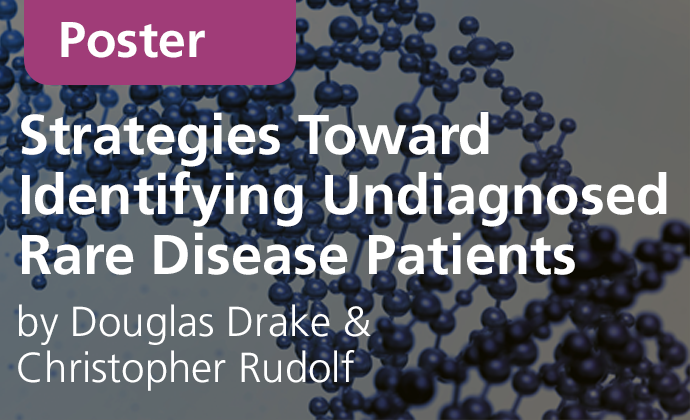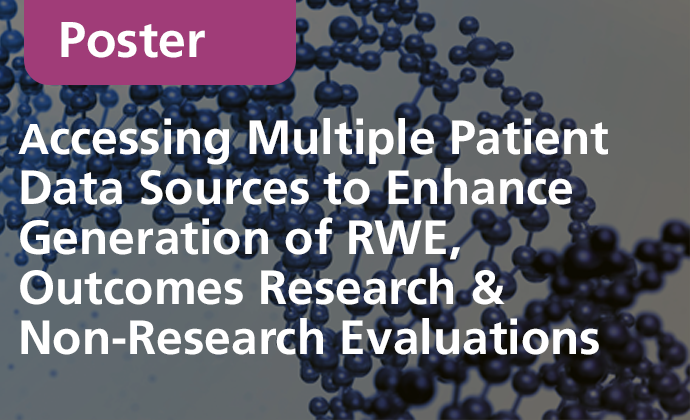Welcome to the Clinerion website. This website uses cookies. These cookies are used on your browser to understand how you are using our website. Using this website means you agree to our use of cookies. If you prefer not to have these cookies on your device, we advise you to disable them in your web browser settings. You accept the use of cookies by accepting this notice. You can read more details via our Privacy Policy page.
Privacy Policy page >
Clinerion Ltd
Contact Details:
Main address:
Margarethenstrasse 47
4053
Basel, Switzerland
,
Tel:+41 61 865 60 60 ,
E-mail: info(at)clinerion.com
Website: Clinerion Website
Clinerion Patient Network Explorer
 Clinerion Patient Network Explorer
Clinerion Patient Network Explorer
Optimized study design, precise site selection and faster patient search and identification for clinical research - in real time.

White Papers, Publications & Posters
Go deeper into how Clinerion can support you.

